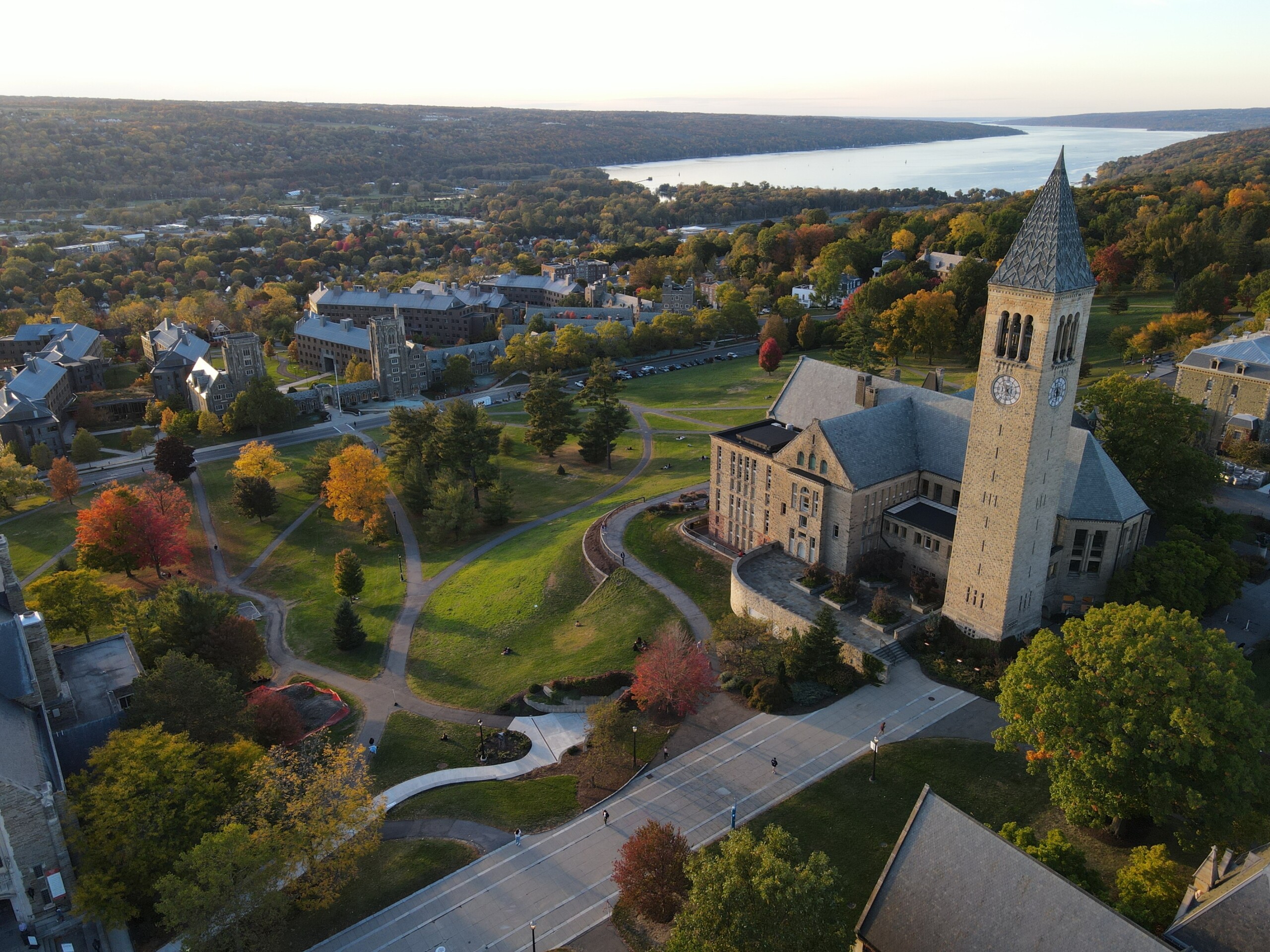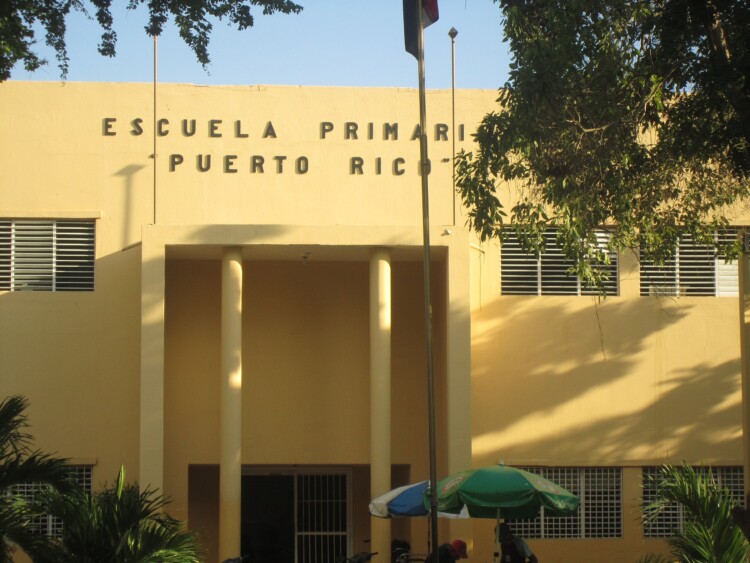“The impediment to action advances action. What stands in the way becomes the way.”
—Marcus Aurelius
In March of 2020, our team was awarded an Institutional Challenge Grant to expand and evaluate an early homelessness intervention program to prevent family homelessness, reduce disruption, and mitigate adverse education and social-emotional outcomes for youth in Boston Public Schools. And then came COVID-19.
With the onset of the pandemic we saw a surge in housing instability from unemployment and illness. School closings imposed new demands on students to learn remotely while their families hurtled toward a housing, income, and a food crisis. At once, the pandemic laid bare the vulnerability of families and youth, as well as the fragility of the systems that provide them support. Schools, social services, and housing systems were outmatched. Tens of thousands of households lost income needed to pay for housing.
Almost immediately after being awarded the grant, it was clear that the compound impacts of COVID-19 and the multiplying complexity of the lives of families and youth had eclipsed our proposed plan. Knowing the importance of practice-informed research and the urgency of moving research evidence into practice, we had to embrace uncertainty.
Embracing Uncertainty in Research and Practice
The interplay between housing instability and children’s academic and social-emotional outcomes are inherently complex. Causes of homelessness are many, including individual, interpersonal, social, and economic factors. Housing instability emerges as an outcome of the interactions between these factors, with lifelong impacts on physical and mental health, education, and employment. The pandemic heightened inequalities and sped up processes perhaps already at work, pushing families on the precipice over the edge. And while families experiencing homelessness require multifaceted support drawn from historically siloed organizations, agencies providing social services during the pandemic are responding to compound and emergent problems confronting families and children.
Almost immediately after being awarded the grant, it was clear that the compound impacts of COVID-19 and the multiplying complexity of the lives of families and youth had eclipsed our proposed plan
As a research-practice partnership operating in this context, we had to ask ourselves: How do we respond to complexity that was always there but is now heightened? What knowledge is relevant in practice, and how do we produce that knowledge for use in the practice world?
We quickly realized that our research designs and the assumptions underlying them were no longer relevant. We recognized that we needed to understand the dynamic complexity of family homelessness and pathways to social emotional and educational outcomes for youth and children. Equally important, we needed to leverage the wealth of practitioner experience and knowledge that is fast emerging in the midst of the pandemic. We needed to acknowledge the importance of engaging key actors and exploring their understanding of housing instability, social service infrastructure, school engagement, and family supports for youth.
Doubling Down: Re-Centering and Co-Producing
Each of these groups has a unique vantage point in the system; the understanding of the problem, the decisions they are making, and their realities all constitute varieties of knowledge. Early on, we pivoted to re-center the voices of families and practitioners in order to help us understand the complexity in their lives and their work and to co-produce insights and knowledge. In doing so, we doubled down on amplifying and centering divergent perspectives on supporting families and children at risk of homelessness.
Our pivot is focused on three elements: families, practitioners, and the broader context in which homelessness and service provision is occurring.
Families
We seek to understand the multiple complex realities of families and youth, of case managers pushed to their capacity in locating services and supports for the families, and the response of a network of practitioners to the new challenges of intervening to help families and youth. For example, although we delayed our main impact evaluation due to programmatic changes in the intervention, we are administering the original survey to a sample of thirty FamilyAid Boston (FAB) clients. This work will provide insight into the characteristics of families participating in EHIP while allowing us to refine our quantitative data collection procedures. We are also interviewing families and case managers to understand ways to adapt our intervention and evaluation design to address homelessness, social-emotional wellbeing, and educational outcomes in a post-pandemic world.
Practitioners
At the same time, our partners and services providers throughout the city pivoted to rapidly identify and respond to new and emerging needs. FAB hired sixteen new staff members and expanded its service portfolio to include the distribution of essential weekly food and supplies, direct cash assistance, counseling, Section 8 housing application assistance, and housing search support. More recently, FAB has also taken on COVID-19 vaccine education and outreach. The day-to-day impacts of housing instability and homelessness on education and child wellbeing are highly individualized, and as families navigate the systems of housing and education, those systems respond to such demands. Further, service providers with limited resources, often even in competition with one another for limited funding, are forced to tailor their assistance based on available resources.
Context
Our attention on context considers families experiencing homelessness, as well as the schools and social service agencies responding to provide support, as an “embodiment of embedded complex systems,” requiring different approaches to produce new insights and knowledge. One example of this is our novel use of Group Model Building and Community Based System Dynamics (CBSD), a participatory approach to engage communities in understanding and changing systems. We’re using CBSD with a community of practitioners to elicit insights around the complexity of housing instability and responsive service provision. The goal is to create a shared model of the interconnections between housing, child social-emotional well-being and academic outcomes. This model could then serve as a foundation for interventions that move beyond historic silos to address deeper, systemic problems in this area. Further, this community of practice meets regularly to share existing knowledge and, in the future, will be a community to guide new knowledge production and share emerging insights from the research. Here, we are blurring the traditional lines between universities as knowledge producers and communities, schools, and practitioners as knowledge users to co-produce new knowledge that is translatable into effective practice interventions.
We recognize that the best research will include the voices of those closest and most impacted by the systems themselves, and we strive to re-center those voices in knowledge production.
Beyond the three elements of families, practitioners, and the broader context, we are also assessing the dynamics of our own partnership through regular, anonymous surveys of the research-practice team in an effort to ensure that we are adhering to our values of equal voice and representation. We continue to examine our own ability to respond to emergent issues in the midst of a volatile and fluid pandemic. We plan to explore the dynamics of trust building and problem solving, as well as our ability to listen and be responsive to each other. Our self-assessment, we hope, will provide deeper insights into the qualities of a sustainable, impactful research-practice partnership.
Looking Back, Looking Forward
A year after being awarded the Institutional Challenge Grant, we have moved beyond evaluating a single intervention. So many individuals make up the systems that support children’s well-being—each with unique knowledge and expertise. Today, our goal is to juxtapose the realities of how families, school systems, and social service providers perceive problems, prioritize them, and solve them. By centering these perspectives, we hope to identify where different parts of a system are working collaboratively or at cross-purposes in improving the wellbeing of children and youth.
Our new plan aims to synergistically harness existing knowledge and multiple research methods to help catalyze systemic change toward better outcomes for the most vulnerable young people and their families.
Most importantly, we recognize that the best research will include the voices of those closest and most impacted by the systems themselves, and we strive to re-center those voices in knowledge production.
Gautam N. Yadama, Kelsey Werner, Indrani Saran, Jessica Johnson, and Elizabeth Klein (Boston College School of Social Work); Larry Seamans (FamilyAid Boston); and Sarah Bartley and Ellen Dickenson (United Way).







